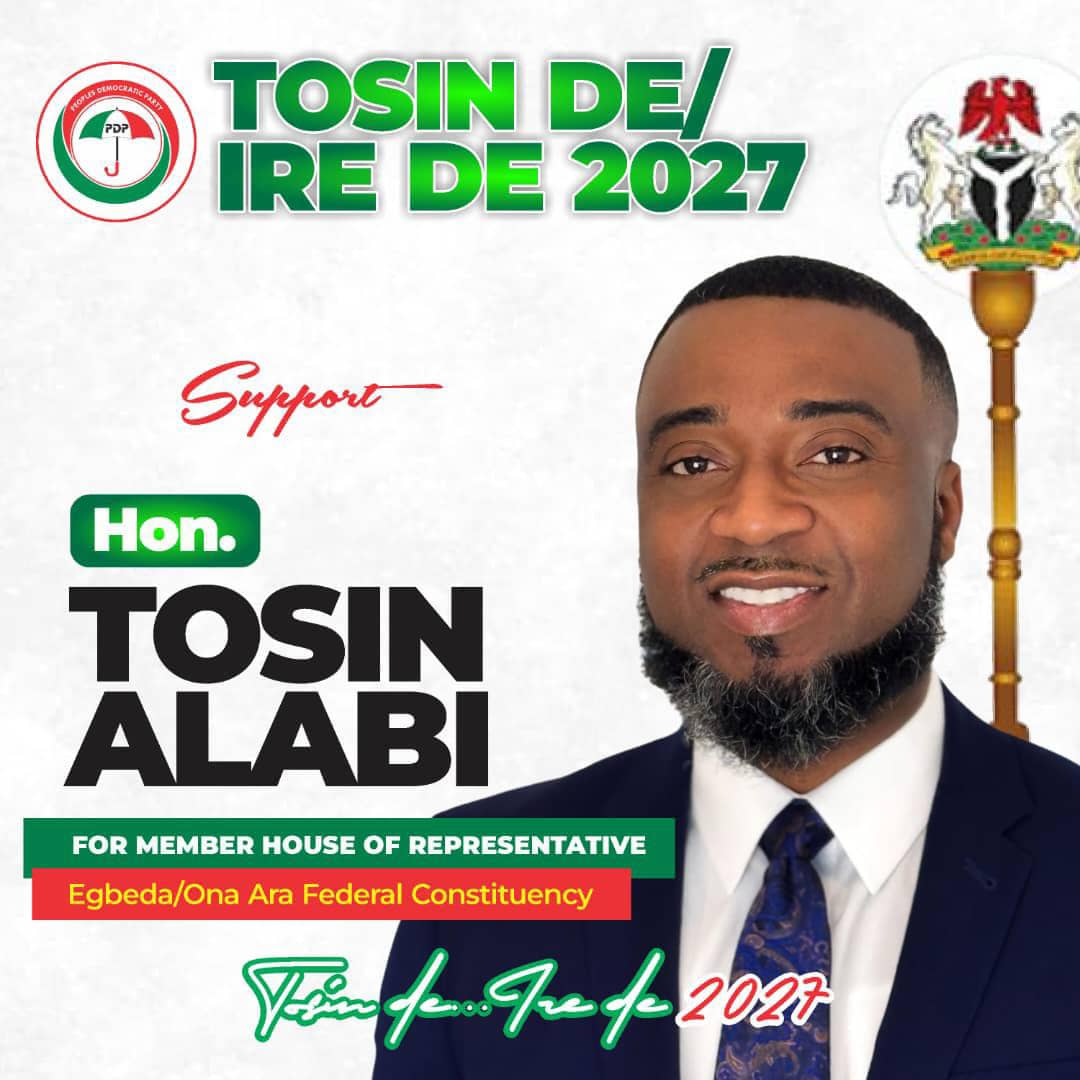Speakers from the political and academic realms converged, on Saturday, on the University of Ibadan, for the Senator Abiola Ajimobi Roundtable and 74th posthumous birthday celebration.
The event which was themed, “Reengineering Nigeria For Sustainable, Options, Costs And Perspectives” was organized by the Senator Abiola Ajimobi Foundation (SAAF) in collaboration with the Institute of Peace and Conflict Studies, (IPSS) University of Ibadan, emphasized the importance of responsive leadership and followership in the quest for a reengineered Nigeria.
Minister of Power, Chief Bayo Adelabu, the keynote, highlighted Senator Ajimobi’s legacy as a stalwart of developmental politics.
While calling for reengineering of the nation, Adelabu stressed the need for visionary policies, infrastructure development and inclusive governance for sustainable progress.
Adelabu elaborated on the concept of reengineering, emphasizing its application to Nigeria.
His words: “He re-engineered the modern Oyo state; hence, it is important that we imply the changing and improving the design of a product or system. Critically applied to Nigeria, re-engineering is changing and improving our society with the objective of achieving a better society.”
Addressing the intertwined nature of leadership and followership, Adelabu added, “Leadership and followership are the twin problems of Nigerian underdevelopment in the 21st Century. No nations can exist and truly carry out the cause of nationalism without leadership and followership.”
Also speaking, Professor Olawale Albert, A Professor of African History, Peace and Conflict Studies, who is the lead speaker, emphasized a joint problem-solving approach through constitutional reforms and national conferences.
Albert called for a comprehensive reform of the judiciary and other sectors of government, saying “Nigeria needs to develop political will to address the crises.”
Professor Adeola Adenikinju, a Professor of Economics from the University of Ibadan, stressed the need for a change of mindset and proposed long-term solutions to Nigerian problems.
He said, “We must shift our mindset and focus on sustainable, transformative solutions. It’s time to break free from short-term fixes and pave the way for lasting change.”
Dapo Olorunyomi, represented by Professor Sola Olorunyomi, echoed the call for a change in mindset, saying, “Our approach to challenges must evolve. We need to shift from reactive measures to proactive, forward-thinking strategies.”
During the discussions, Professor Duro Oni appealed for solutions to the pressing issues, urging leaders to act responsibly. Oni said that: “It’s high time leaders do the needful and address the root causes of our challenges. A proactive approach is crucial for sustainable progress.”
Professor Tunji Olaopa, Chairman of the Federal Civil Service Commission, emphasized the importance of prioritizing the national interest over self-interest.
Olaopa urged leaders to “shun self-interest and work collaboratively towards a common goal. This is essential for the prosperity and unity of our nation.”
Earlier in her welcome address, Chief Mrs. Florence Ajimobi, President of the Senator Abiola Ajimobi Foundation, highlighted the event’s theme, stating that it reinforces their commitment to good governance and the accelerated development of the Nigerian State. She acknowledged the impact of previous events and the attention garnered from various stakeholders.
Also in her speech, In her welcome speech, Dr. Mrs. Ruth Adio Moses, the Director of IPSS, expressed optimism about the collaboration’s impact on shaping the nation’s future.
Moses emphasized that: “Through collaborative efforts, we can pave the way for a more resilient and prosperous Nigeria.”
Notable attendees included the representative of the Nigerian Vice President, Barr Bashir Medugu; University of Ibadan Vice-Chancellor, Prof Kayode Oyebode Adebowale; and other esteemed dignitaries.





















